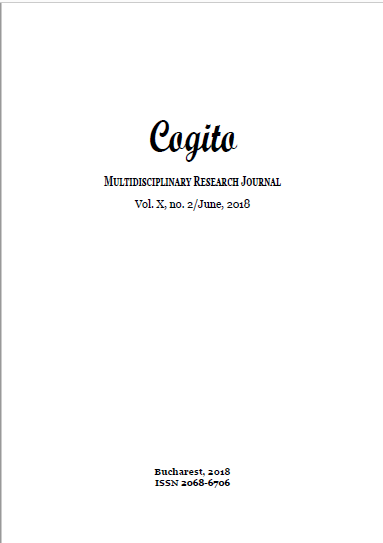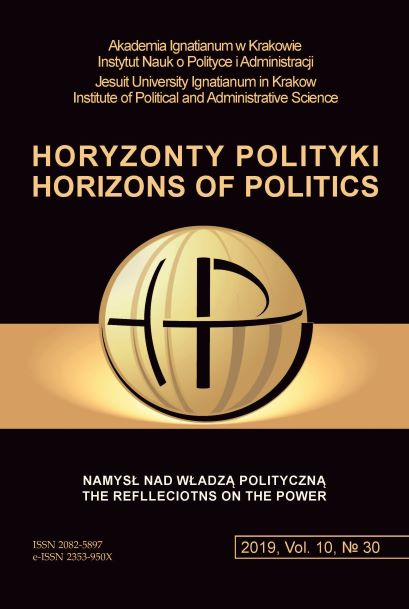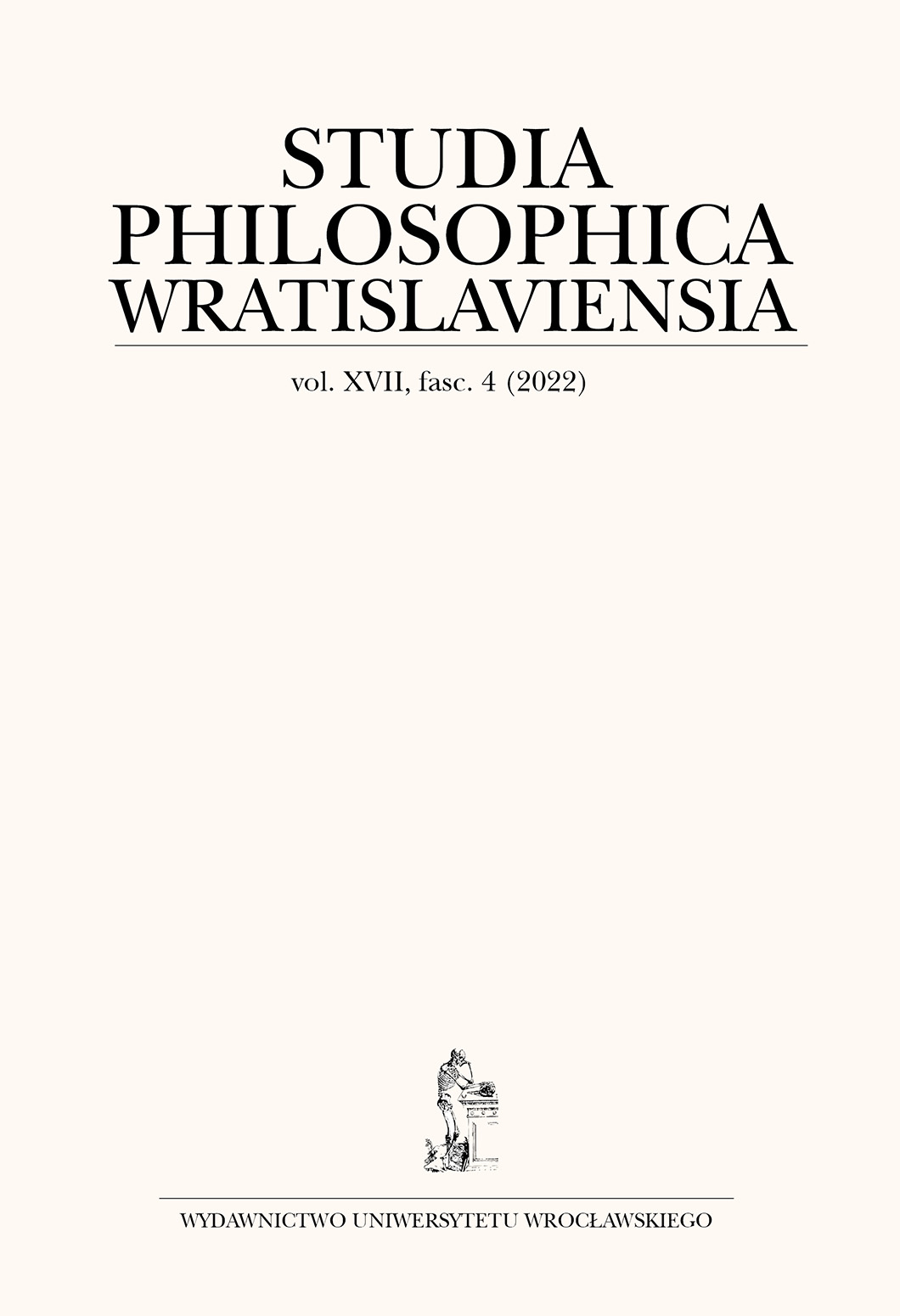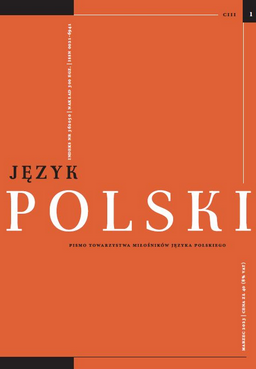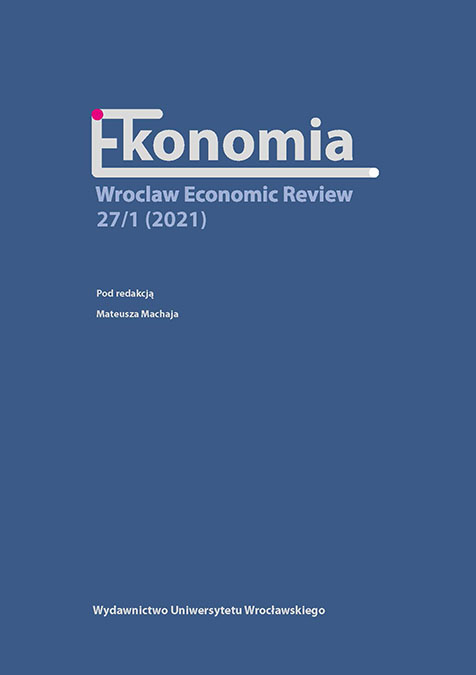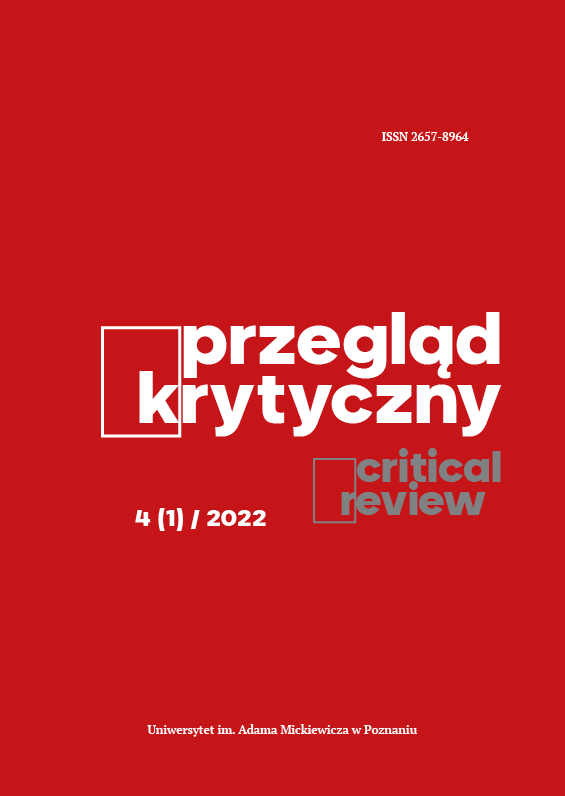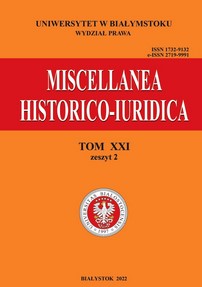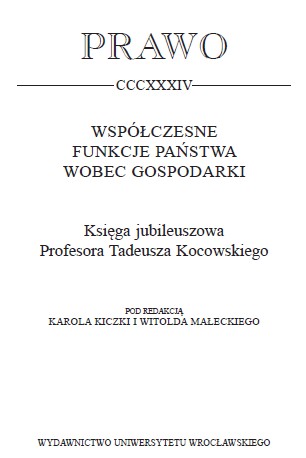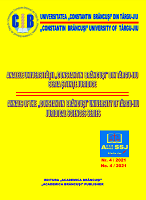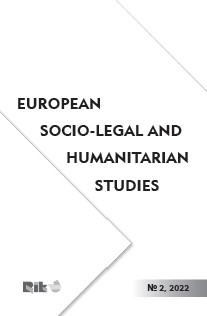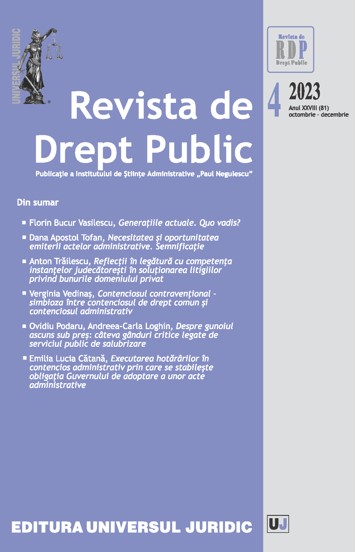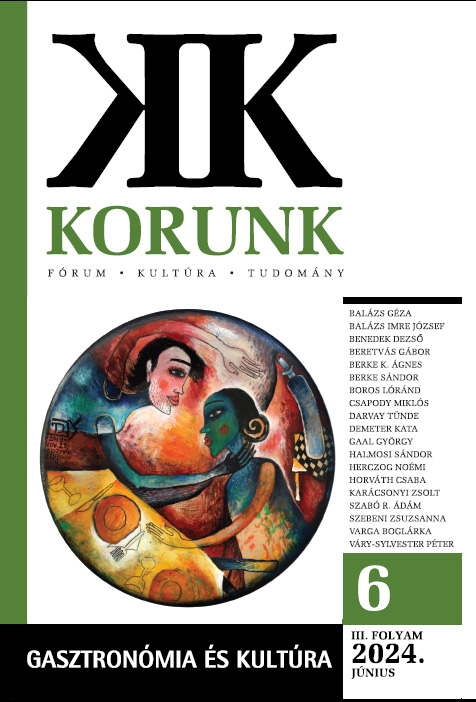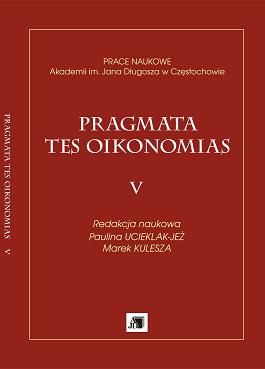
Ekonomiczno-prawno-społeczne aspekty zdobywania przestrzeni kosmicznej
Conquest of the universe give us many profits, in wide aspects, not only in scientifical or technological parts, but also economic and sociable, and another. Starting of inventions who created by development this part of life, without this in this time functioning societies would be – if not impossible – very limited. For example telecomunications sattelite, finishing at items who we used at home like cordless tools. Very interested aspects of exploration the universe are human behaviors. It is worthwhile paying attention at aspirations to realization dreams through the ones by unit, and using this desires to the own goals, mainly by the third person for the earnings, which the best of showing this is so called „The practice of the trade” yards onto the another planets. We know also positive sides of human actions in this fields like space tourist, which would be in the future to fulfill eternal dreams of the human masses, on the cheap space trips. But in our solar space are also a positive aspects. We can search that in another planets. One of those is Mars. Colonizations this area would be very interesting project, mainly because for some resemblances between our Earth and Red Planet. With those attempt, conquest the universe they can be connected some economical profits.
More...
